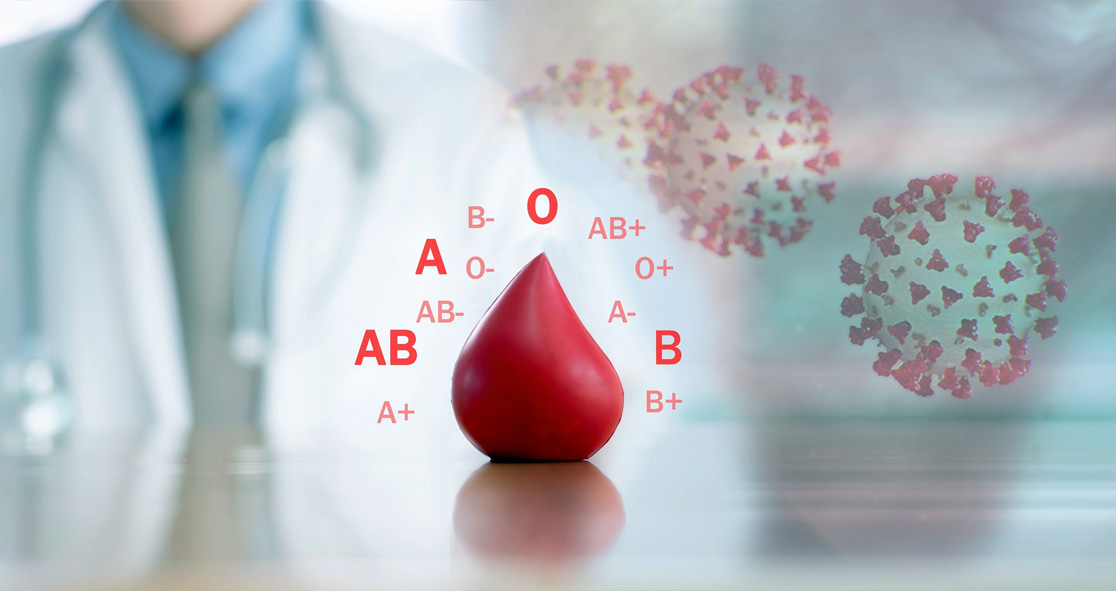A new study has refuted the theory that blood type affects COVID risk. It does not matter whether you have A, B, AB, or O blood type; it has nothing to do with your risk of contracting COVID-19 infection.
During the pandemic, some studies have reported that people with blood type A were more susceptible to severe COVID infection, while those with blood group O were less likely to develop serious illness.
However, the new study, which reviewed nearly 108,000 patients, has found that three is no link between blood group and COVID risk.
The study was published Monday in JAMA Network Open.
Dr. Amesh Adalja of Johns Hopkins Center for Health Security said, “Since the beginning of this pandemic, there have been associations postulated between blood type and disease susceptibility.”
“From this large study, it appears that there is no association between blood type and susceptibility or severity, and other explanations were likely present,” added Dr. Adalja, who was not part of the new study.
In October 2020, two studies, published in the journal Blood Advances, suggested that people with blood type O might have a lower risk of catching COVID-19 infection.
Last month, another research found that people with blood type A are at a greater risk of developing severe COVID-19 infection and are at a higher risk of contracting the disease in another.
So, to clear things up, the lead researcher of the new study Dr. Jeffrey Anderson from Intermountain Medical Center Heart Institute in Murray, Utah, analyzed data from tens of thousands of patients with Intermountain Healthcare, according to Medical Xpress.
Of those patients, nearly 11,500 tested positive for COVID, while the rest tested negative. Dr. Anderson and his team noted that blood type did not play a significant role in people’s risk of contracting COVID.
Dr. Aaron Glatt of Mount Sinai South Nassau in Oceanside, New York, said, “I’ve always said this whole thing with the blood types is much hoopla about nothing. It was never a significant enough thing that people should be terrified if they have one sort of blood type or reassured if they have another blood type. It never made any practical difference.”
“If you go and look at enough things, you will find some random incidental findings that may or may not have any significance,” added Dr. Glatt, who was not part of the new study.
“Some people looked at so many different variables and one of them was blood type,” he explained. “They saw that some people did worse with a certain blood type, but the studies were conflicting, which makes sense if it’s random.”
“This puts this whole thing to rest, but it never should have been up,” concluded Dr. Glatt. The article was first published Monday on Medical Xpress.























